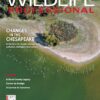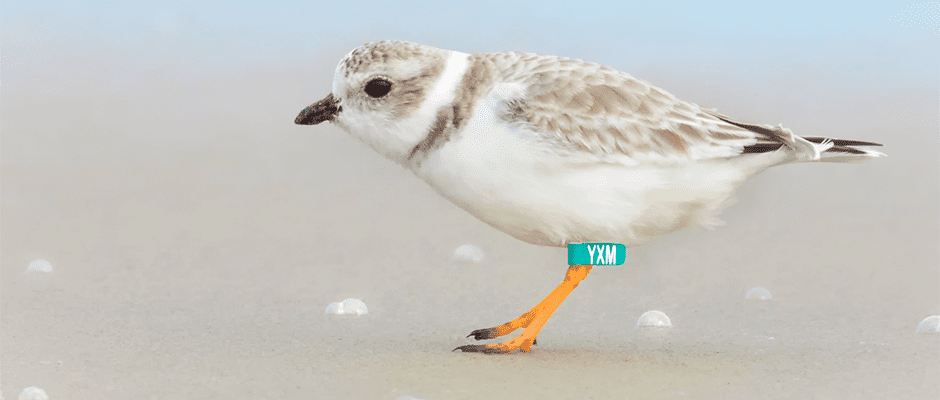- News
-
-
-
-
-
Latest News Articles
- Wildlife Vocalizations: Ana Yoko Meiga September 19, 2024
- Raptor collisions increase around the world September 18, 2024
- Black Mammalogists Week kicks off September 18, 2024
-
-
-
- Wildlife Professional Resources
-
- Our Network
-
- PUBLICATIONS
-
-
Recent Posts
-
 The Wildlife Professional September/October Issue
September 1, 2024
The Wildlife Professional September/October Issue
September 1, 2024
-
-
-
-
-
-
- Wildlife Events
- Who We Are
-
Tag: anthropogenic disturbance

September 7, 2021
JWM: For caribou, not all disturbance is the same
Researchers found that fire disturbance doesn’t negatively affect caribou in the same way as humans do, suggesting that Canadian recovery guidelines should change to reflect caribou’s tolerance of burned landscapes....

August 13, 2018
Humans disturb piping plovers on nonbreeding grounds
Most piping plover (Charadrius melodus) research focuses on disturbances during their breeding season, but researchers recently found anthropogenic disturbances can also have consequences for the shorebirds where they overwinter. “The...

